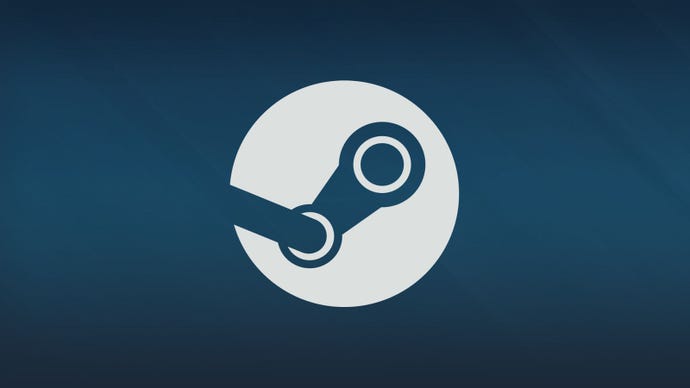Steam indie game sales are down by 70% compared to last year, estimates publisher
According to new analysis, the environment for indie developers on Steam has gotten much more competitive over the last year alone, making it even harder to make money.
Mike Rose, director at indie publisher No More Robots, has put together some estimates based on their years of experience as well as Steam data. The goal is to find out how much money the average indie release makes in 2019 compared to previous years
The document pulls data from public Steam figures such as review activity, group numbers and other data points that include cross-referencing the information with other developers.
Rose estimates around 900 games were released between July 5-August 6, but not all of these games are being taken into consideration. First, the document takes out AAA games, and games with less than ten Steam user reviews. Of the remainder, it further cuts out the top and bottom 5%, so as to avoid outliers messing with the data.
This leaves out around 170 games, per to Rose's estimates. Of that group, the average game sold 1,500 copies (median) this year, compared to 5,000 a year ago. As a result, the revenue has dropped from $30,000 to $16,000. The average price of these games also dropped to $10 from $12.
This is another point Rose emphasises in their report: game prices dictate how much money they make, but pricing games cheaper from the off doesn't actually bring in more revenue.
The report found that games priced $10 or less sold 1,000 copies in their first year, compared to 2,500 copies for $16-20 games, and 5,000 copies for games at $21 or higher.
"The average, at least semi-marketed game on Steam currently makes roughly $16,000 revenue (across 1,500 units) in its first year on sale," the report estimates.
"Games released in 2019, are making around half as much money as games released in 2018. Developers are pricing their games too low – higher prices are, on average, resulting in better sales, and much better revenues."
Of course, there are several factors that caused this, among them the stark increase in competition - thanks to an ever-growing number of Steam releases every month, the prevalence of free-to-play games, and subscription services - which can themselves devalue games ever further.
It's a depressing, if sobering state of affairs. This is a big reason why smaller developers are happy to take Epic Games' money to make their games exclusive to the Epic Store.

